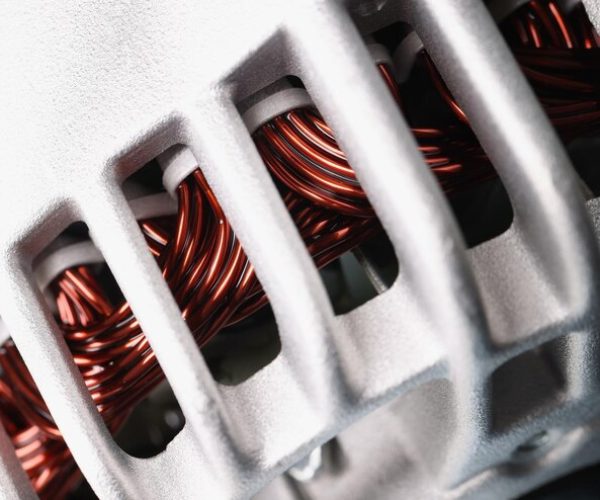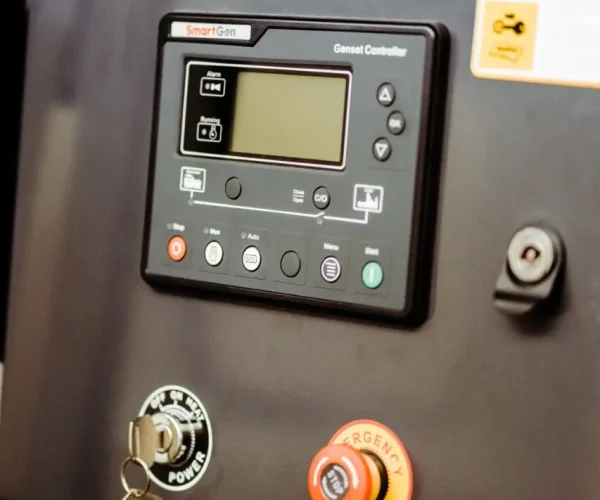
Hurricane season is a critical period for Puerto Rico, and being prepared can make the difference between safety and danger. In
In the context of the growing demand for energy and the importance of energy efficiency, the use of electric generators to power air conditioning systems has become an increasingly popular alternative. An electric generator for air conditioning provides a reliable and autonomous solution to maintain comfort in environments where the electricity supply is irregular or non-existent. These generators, specifically designed to meet the needs of air conditioning systems, offer a constant and stable source of energy.
In JRH we offer a variety of Diesel electric generators to meet your needs. If you want to learn more about the benefits and applications of diesel electric generators, we invite you to explore more information by clicking the button below!

Air conditioning is a system used to control and regulate the temperature, humidity, and air quality in an enclosed space, be it a room, a building, or a vehicle. Its main objective is to provide a comfortable and healthy environment.
The basic operation of an air conditioner is based on heat transfer. It uses a thermodynamic cycle to extract heat from indoor air and release it to outdoor air, thus cooling the environment. The operation of a typical air conditioning system is described below:
This cycle is repeated continuously until the desired room temperature is reached. The control of the system is carried out by means of a thermostat, which measures the ambient temperature and adjusts the operation of the compressor and the fan to maintain it at the established level.
The key features of an electrical generator specifically designed to power air conditioning systems are:
1 Adequate power: Adequate power in an electric generator for air conditioning is crucial. It must be able to cover the energy demand of the air conditioning system, considering the nominal power and starting capacity.
(Rated capacity refers to the maximum power that an electrical generator can provide continuously without overloading, and starting capacity refers to the additional power that the generator can provide for short periods of time.)
An incorrect choice can result in poor performance or inefficient fuel or energy consumption.
2 Voltage stability: The voltage stability in an electric generator for air conditioning refers to its ability to maintain a constant and stable level of voltage at its output. It is essential that the generator supplies a voltage without significant fluctuations, since sudden variations can affect the proper operation of the air conditioning system and other connected electrical devices. Optimum voltage stability ensures a constant power supply, preventing equipment damage and ensuring safe and efficient air conditioning performance.
3. Soft start: Some air conditioning systems require a soft start, the above refers to a characteristic of an electric generator that allows a gradual and controlled start of the system.
Instead of immediately applying full load to the air conditioner motor when it is turned on, soft start provides a gradual increase in electrical current, preventing sudden current spikes and overloads. This helps protect both the generator and the air conditioning system by reducing stress on the components and extending their useful life. Soft Boot also contributes to a smoother and more stable system transition, preventing sudden interruptions or corruption during startup.
4. Energy efficiency: Energy efficiency refers to the ability of an air conditioning electrical generator to use the least amount of energy possible to provide a desired output. An efficient electrical generator is one that maximizes the conversion of primary energy (such as fuel or electricity) into useful energy, minimizing energy losses and waste.
This means optimized design and operation to achieve optimal performance with the least consumption of fuel or electricity. Greater energy efficiency not only reduces operating costs, but also contributes to sustainability by reducing the environmental impact associated with power generation.
5. Built-in protections: Built-in safeguards refer to safety features built into an air conditioning power generator. These protections are designed to safeguard both the generator and the air conditioning system from possible damage or problems. Some of the common protections include:
to) Short circuit protection: Automatically detects and disconnects power in the event of a short circuit, preventing damage to electrical components.
b) Protection against overloads: Monitors and limits electrical current to prevent overloads in the generator and air conditioning system, which could damage equipment.
c) Overheat protection: Monitors generator temperature and activates shutdown mechanisms to prevent overheating and protect both the generator and connected devices.
A Diesel AC Generator is a commonly used option in commercial and industrial applications where a reliable and high performance power supply is required. These generators run on diesel fuel, which gives them specific advantages:
If you want to know more about diesel generators, I invite you to read our blog: best diesel generator
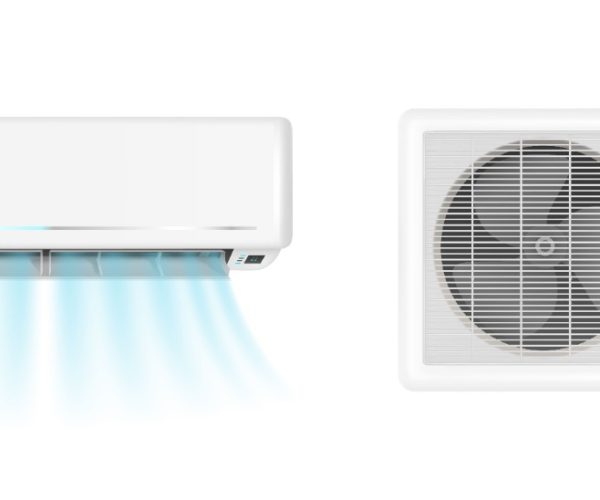
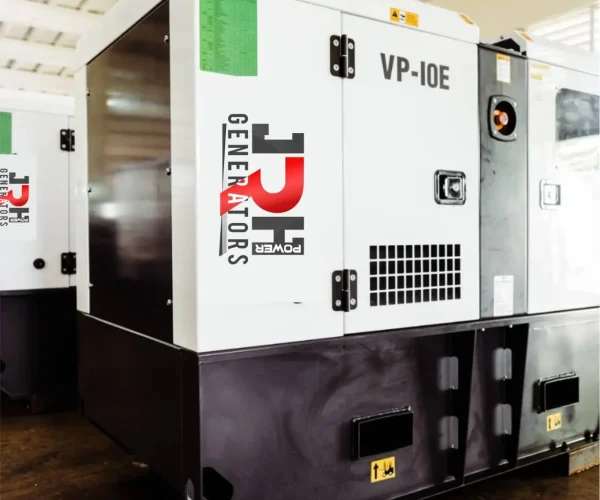
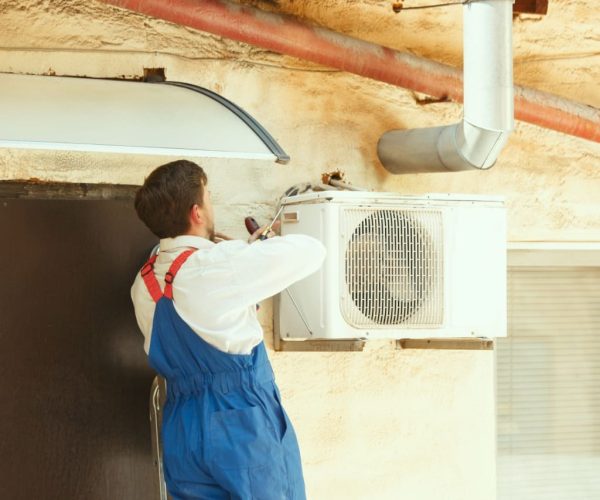
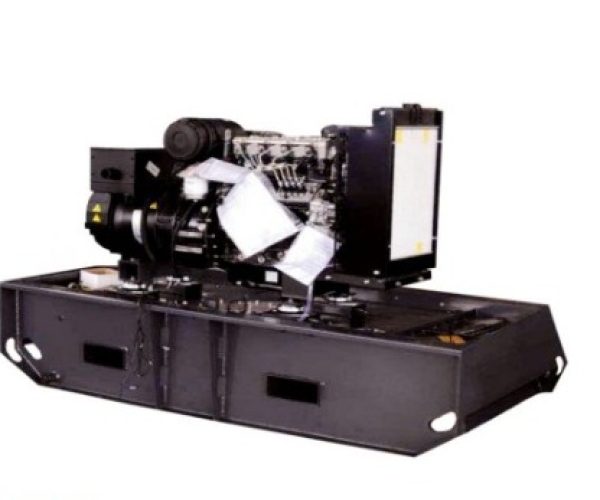
If you are looking for a diesel generator reliable for your air conditioning, we recommend JRH. As a leader in power equipment, they offer a wide range of generators designed to meet your needs. With superior performance and durability standards, generators JRH They are of the latest generation. In addition, their customer service and technical advice ensure the right choice. Get a reliable power supply for your air conditioner by contacting JRH.

Hurricane season is a critical period for Puerto Rico, and being prepared can make the difference between safety and danger. In

Understanding how a hurricane forms allows us to be one step ahead and prevent the devastating effects of these natural phenomena. Especially in areas
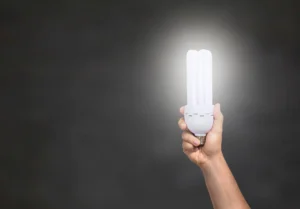
In a world where energy efficiency is increasingly a priority, learning to save energy has become a crucial need for both
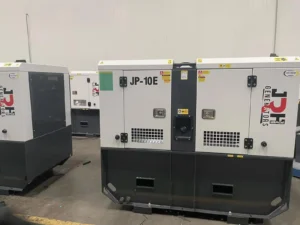
In a world that doesn't stop, the need for a reliable and continuous power source is more crucial than ever. At JRH Power
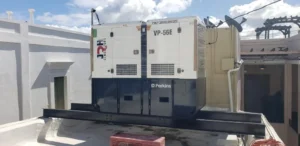
Have you ever wondered how electricity becomes a constant in our lives, even in the most critical moments? At JRH Power
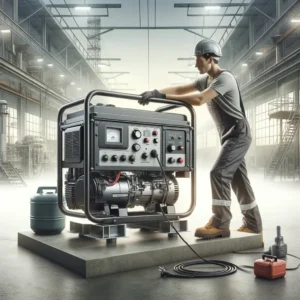
In our modern world, where electricity is vital, power outages are a frequent reality. Know how to connect a generator to the house
